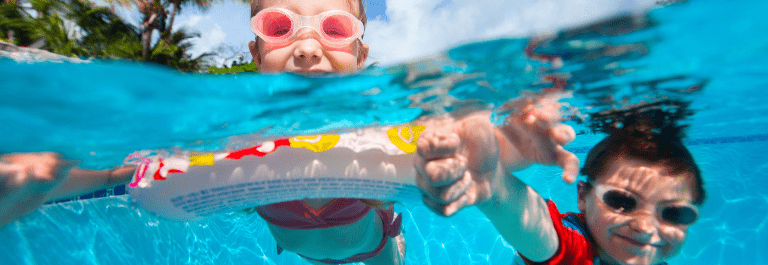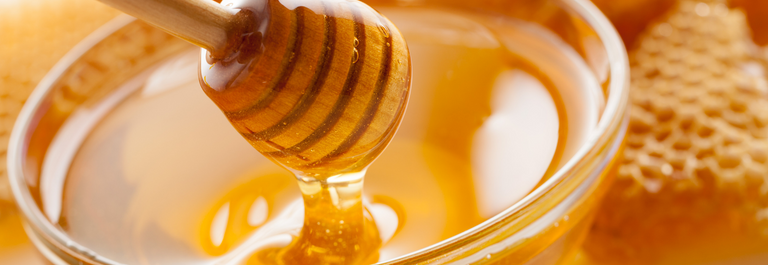Summer is here and there’s no better time to splash around or swim all day long. Unfortunately, chlorinated pool water can have a negative effect on your skin.
For those with eczema or sensitive skin, chlorine can dry skin out which can cause itchiness.
In this post, we discuss how to treat dry skin from chlorine with some post-swimming rituals.
Swimming Pools and your Skin
In order to be safe and hygienic for your skin, swimming pools are treated with a powerful disinfectant known as chlorine. Contact with chlorine can cause irritated skin, particularly for people with eczema. Properly treated pool water has a pH level between 7.2 and 7.8, making it slightly alkaline. Skin, on the other hand, is naturally more acidic.
Contact with the alkaline nature of swimming pool water can make the skin drier and more sensitive. You may even develop a chlorine rash which is a form of irritant contact dermatitis and which happens after the body is exposed to an external substance it doesn’t agree with.
As everyone is different, not everyone will react negatively to chlorinated swimming pools.
Symptoms of a Chlorine Rash
Symptoms of chlorine itchy skin can vary from person to person. The intensity of the rash can also vary. A chlorine rash typically appears within a few hours of swimming in a chlorinated pool. It is not the same thing as swimmer’s itch.
In general, here are some symptoms to watch out for:
- burning, stinging, or itching skin
- Skin that may crack or bleed after repeated exposure to chlorine
- dry or chapped skin that may worsen
- itchy, red, swollen, or scaly patches of skin
- sores or blisters
How to Treat Dry Skin from Chlorine
If you have symptoms of a chlorine rash or are experiencing extremely dry skin after exposure to chlorine, you can treat it with a natural remedy. W
e recommend this Organic Manuka Skin Soothing Cream. Its anti-inflammatory properties help it relieve itching and reduce swelling. Made with just 6 all-natural ingredients, it’s an excellent choice for people with sensitive skin.
Its soft, buttery texture is sure to hydrate even the driest of skin. It’s safe to use from head to toe and suitable for adults and little ones alike.
Tips for Swimming with Sensitive Skin
Everyone deserves to enjoy summer activities like swimming, no matter how sensitive their skin is. Here are some tips for swimming with sensitive skin so that you can have fun without the itchy aftermath.
Shower Before and Afterwards
Do your skin a favor by showering immediately before and after swimming. Showering before swimming rinses excess sweat away which can help prevent the formation of chloramine.
After swimming, it’s important to cleanse your skin of chlorine and other chemicals. We recommend washing your skin with a natural soap such as this Coconut and Sunflower Oil Soap Bar. The wholesome ingredients help attract moisture from the air to keep the skin supple and hydrated.
Don’t forget to moisturize after showering with the Manuka cream mentioned above to help lock in moisture.
Remove and Rinse Swimsuit
After swimming, remove and rinse your swimsuit right away. You will be more comfortable once you change into breathable, loose-fitting clothes!
Stay Hydrated
When you’re deep in the water, your body may not feel like it’s overheating but it still sweats and heats up. Drinking enough water ensures you’re still regulating your body temperature and promotes a healthy complexion. So drink up!
Give your Skin Time to Heal
It’s recommended to space out your swimming adventures so that your skin has time to heal in between chlorine exposure.










